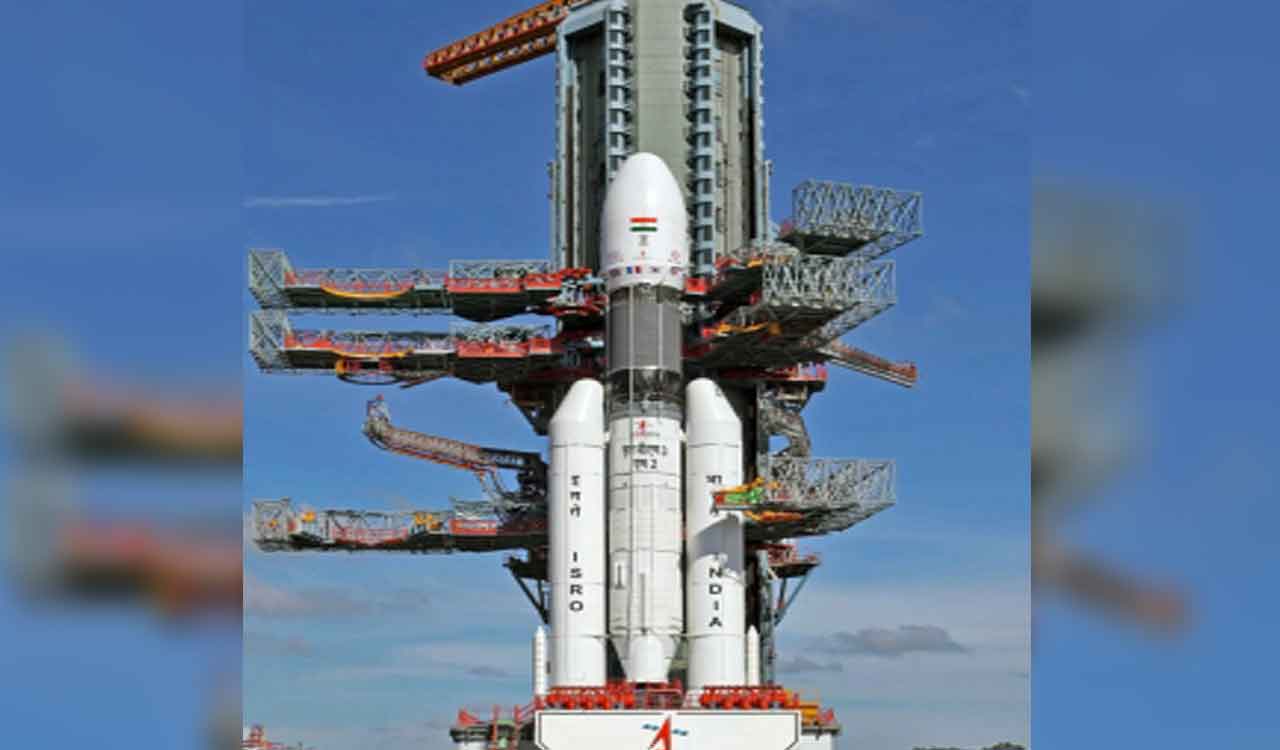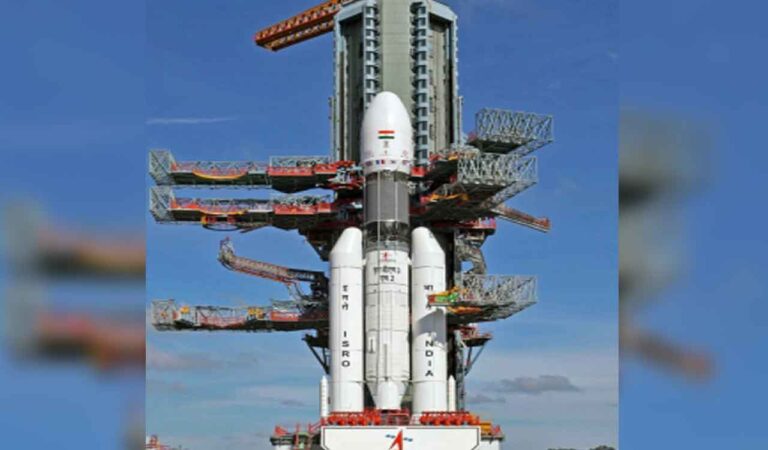Posted: Post Date – 10:30 AM, Monday – Oct 31st 22

FILE PHOTO According to the Indian Space Research Organisation (ISRO), the flight acceptance thermal test of the CE-20 engine was successfully carried out at the High Altitude Test Facility at the ISRO Propulsion Complex at Mahendragiri for a duration of 25 seconds.
Chennai: The Indian Space Agency is preparing to launch the next set of 36 satellites from Britain’s Network Access Associated Ltd (OneWeb) in January 2023 by testing the key cryogenic engines of its rocket LVM3.
According to the Indian Space Research Organisation (ISRO), the flight acceptance thermal test of the CE-20 engine was successfully carried out at the High Altitude Test Facility at the ISRO Propulsion Complex at Mahendragiri for a duration of 25 seconds.
ISRO said the engine was dedicated to the LVM3-M3 mission, which was identified for the launch of the next set of 36 OneWeb India-1 satellites.
The low temperature upper stage (C25 class) of the LVM3 vehicle is powered by a CE-20 engine using a combination of liquid oxygen and liquid hydrogen (LOX-LH2) propellants.
The engine produces a nominal thrust of 186.36 kN in vacuum.
The primary goals of flight acceptance testing are to confirm the integrity of the hardware, evaluate the performance of the subsystems and tune the engine to meet the mission-required parameters of the engine tuning for flight operations.
Analysis of the test data confirmed the satisfactory performance of the engine system.
The engine will be assembled into the C25 flight stage integrated for the LVM3 M3 rocket.
OneWeb chairman Sunil Bharti Mittal said ISRO’s commercial arm, NewSpace India Ltd (NSIL), has signed a contract with OneWeb to launch 72 satellites in two phases at a launch cost of more than Rs 1,000 crore.
The first group of 36 satellites was successfully launched on October 23 from the Sriharikota Rocket Port in Andhra Pradesh, the LVM3 rocket also known as the Geostationary Satellite Launch Vehicle MkIII (GSLV MkIII).
OneWeb plans to have a constellation of 648 satellites in Low Earth Orbit (LEO) to provide its broadband services globally.
